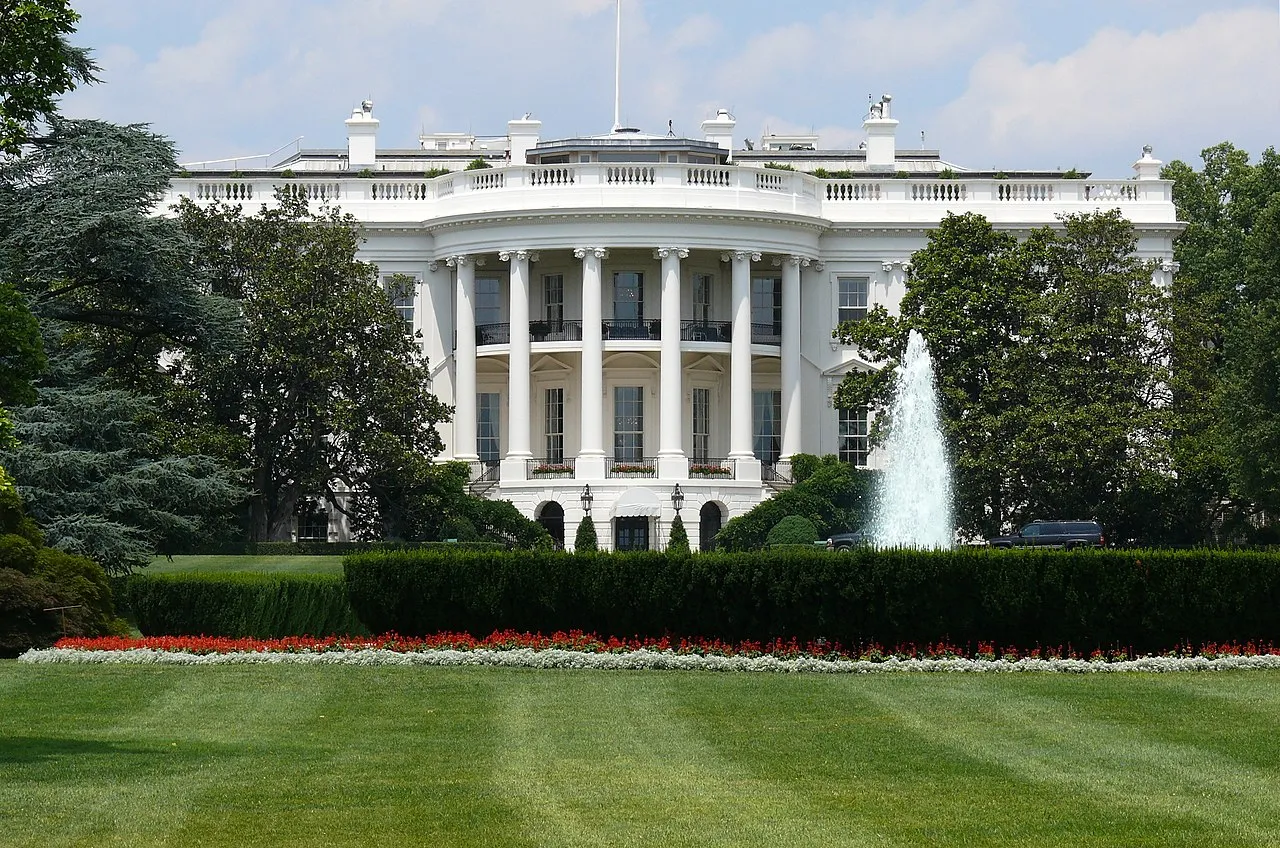How Partnerships Power the Travel Economy

Skift Take
This sponsored content was created in collaboration with a Skift partner.
The global travel industry is rebounding strongly, fueled by pent-up demand and strategic market reopenings. Data from the UNWTO reveals a 20 percent increase in international tourist arrivals during the first quarter of 2024 compared to the previous year.
“Approximately 15.9 million Americans traveled internationally in the first quarter of 2024, a record high. Similarly, Japan saw over three million international arrivals in March alone. The desire to travel remains strong despite challenges like fluctuating exchange rates, climate concerns, and varying affordability levels,” said Michelle Meyer, chief economist and head of the Mastercard Economics Institute.
As the industry continues to gain momentum, stakeholders are increasingly interested in understanding what drives sustainable growth today and how to reevaluate strategies to better meet consumer, business, and government needs. Success will depend on achieving partnerships across the entire travel value chain where all perspectives are considered, from large industry giants to small local operators.
Consumer Engagement in Travel
Today’s travelers want meaningful experiences that deepen their engagement with destinations. According to the Mastercard Economics Institute, people are becoming more strategic about how, when, and where they travel, with 2024 seeing significant shifts in travel patterns, such as:
- Spending Increases: Spending rose considerably through the first quarter of this year, especially in the cruise and airline sectors. Specifically, there were nine record-setting spending days in March 2024 alone, indicating that consumers are traveling more and spending more during their trips.
- Longer Stays: Tourists are staying longer in destinations, with the average trip extending by about one day compared to before the pandemic, especially in more affordable locations. This trend suggests that travelers are looking for deeper and more valuable experiences and more time to explore.
- Event-driven Travel: Events are often a draw for travelers. For example, many traveled to Munich for the opening game of the European Championship. This shows that events can significantly boost local tourism.
- Regional Growth: Regions like Japan, Ireland, and Romania are seeing the highest increases in tourist spending compared to last year. This highlights an opportunity for regions to attract more visitors through targeted marketing and development.
“The Mastercard Economics Institute generates actionable insights and forecasts through a vast pool of anonymized data. It helps businesses make sense of the macroeconomic climate and extract relevant information to address their needs. These insights can guide tourism boards and destinations on how best to support businesses to accommodate travelers,” said Meyer.
Understanding Industry Needs
The global travel sector consists of a complex network of buyers and suppliers that spans continents, with consumers purchasing trips and experiences from around the world. There’s a pressing need to rethink the commercial payment processes at its core to better support cross border transactions, realize increased predictability in pricing, reduce supply-chain risks and improve security to achieve sustainable growth.
Additionally, how people book and pay for travel is changing. According to Chiara Quaia, senior vice president of travel industries at Mastercard, online travel agencies (OTAs) now account for approximately 40 percent of the global travel market. With more and more people using indirect channels to book flights, hotels, and tours, Mastercard is working with travel agencies and their suppliers to implement more flexible business-to-business payment solutions so that these payments happen promptly and securely.
“As travel renews, it’s essential that organizations at the heart of the sector have the tools they need to grow. Mastercard evolves its suite of payment innovations curated specifically for travel businesses based on industry feedback. The Mastercard Wholesale Program, a virtual card solution designed to support commercial travel transactions, brings buyers and suppliers together to agree on preferred payment terms based on product, currency and volumes while providing greater visibility over payment flows and peace of mind through payment guarantee,” said Quaia.
As the industry continues to recover and expand, adopting technologies that provide transparency, security, and transaction speed will be critical. Mastercard's strategy involves working closely with travel industry partners to tailor solutions to meet diverse market needs.
"The way people pay varies widely around the world, which isn't practical for a global industry. It's important to have a standardized payment system to support growth. We've already successfully implemented this for consumers, making it possible for them to pay like a local, whether at home or away. Now, businesses need the same capability — to make payments to suppliers, handle cross-border transactions smoothly, and avoid the economic unpredictability that has historically affected the sector," Quaia said.
Government and Industry Collaboration
While the travel industry is steadily rebounding from the COVID-19 pandemic, its recovery is uneven across different regions and fraught with new challenges such as climate change and overtourism.
Governments and destinations can address these challenges by working alongside key tourism stakeholders to ensure sustainable, inclusive, and resilient future development. This includes driving tourism policies at global and national levels, funding innovation projects that benefit local communities and small businesses, and promoting responsible consumer behavior.
“The private sector plays an important role in providing technological expertise and co-creating solutions to solve government and destination challenges. Mastercard is proud to support UN Tourism’s Expert Group on Measuring the Sustainability of Tourism and partner with The Travel Foundation and its innovation ecosystem to facilitate innovative public-private collaborations in tourism that accelerate and scale sustainable solutions across the entire value chain, including for small businesses,” said Quim Martinez, vice president, global tourism innovation at Mastercard.
Small and medium-sized enterprises (SMEs) make up most of the businesses and jobs in the tourism sector in many regions worldwide, yet they frequently fall behind in adopting digital technology. Governments and private companies have an integral part to play in their digitalization journey. Mastercard supports this transition by providing SMEs with tools such as digital invoicing, digital loyalty programs, e-commerce channels, and cybersecurity solutions to protect these companies as they move more of their operations online.
Mastercard has also partnered with the local tourism institute in Costa Rica and National Postal Service to launch Tico Treasures, a digital platform that connects tourists with local artisans and small businesses. The platform facilitates the online purchase of local goods while supporting the domestic economy.
In addition, the company has worked with Seville, named Europe’s 2023 Capital of Smart Tourism, to deliver a 360° campaign that highlights the city’s authentic culture, diversity, and commitment to sustainability.
Mastercard’s Tourism Innovation Hub in Madrid is leading these efforts, bringing together tourism officials, NGOs, and tech startups to develop new solutions that make travel more sustainable and equitable.
“The entire travel ecosystem’s health is essential to securing and protecting the sector's success. Mastercard collaborates with public and private organizations to rethink how we can apply technology, insights, and partnerships to make the most impact and drive sustainable growth for organizations across the sector. Our collaborations with tourism authorities span six continents today, and we continue to expand our reach and deepen our collaborations with governments worldwide,” Martinez said.
To learn more about how Mastercard’s partnerships help accelerate innovation and drive growth, click here.
This content was created collaboratively by Mastercard and Skift’s branded content studio, SkiftX.





